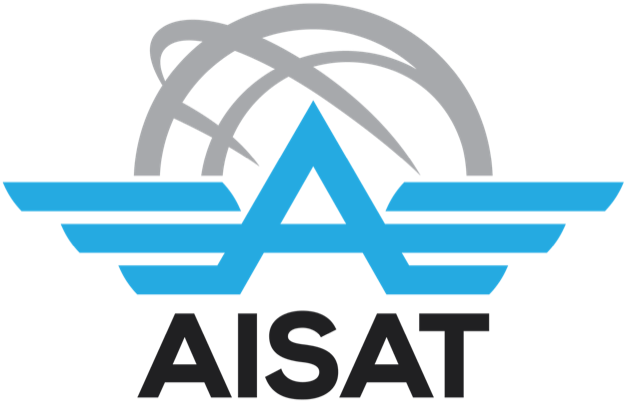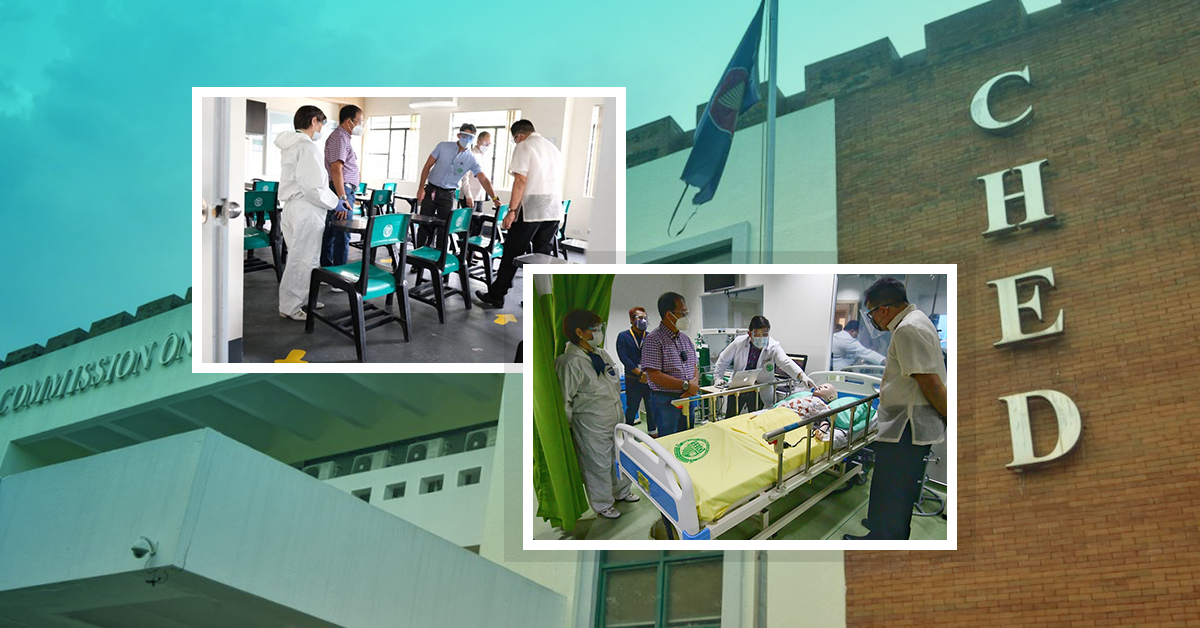May 31, 2021
by Luche Pilongo
Prior to this year, President Rodrigo Duterte endorsed the holding of limited face-to-face or physical classes for medical schools and allied health science programs within the country. However, it would not mean all medical schools within the nation will be permitted to reopen their classrooms once more. The CHED or Commission on Higher Education has allowed 64 colleges and universities that offer medical and allied health programs to conduct limited face-to-face classes. The CHED prioritized conducting limited face-to-face classes to health-related degree programs, such as Medicine, Nursing, Medical Technology/Medical Laboratory Science, Physical Therapy, Midwifery, and Public Health.
The schools under GCQ or General Community Quarantine would facilitate with their respective local government units (LGUs) for the endorsement of their applications. Also, a retrofitting of several facilities is required to medical schools to ensure that students would not be carriers of COVID-19. Malacañang said the move to hold restricted physical classes is to guarantee that the nation has sufficient doctors because it proceeds to grapple with the COVID-19 widespread. These limited face-to-face classes will empower students to attain key learning results on specialized research facility courses and hospital-based clinical clerkship, and give extra manpower to the country’s health system as the nation faces a pandemic.
On March 26, 2021, A statement by the CHED chairman, Mr. Prospero de Vera II said that the 24 schools have complied with the rules and have been “assessed by CHED and their LGUs so they can presently bring their 3rd and 4th-year understudies for hands-on training and research facility classes in a restricted face-to-face system.” He also added “CHED will proceed to screen these HEIs and I am certain that they will give secure and healthy spaces for their understudies within the coming months”
As of now, CHED does not have current information as to how numerous HEIs have pending applications to hold limited face-to-face classes in their respective areas. Also, CHED doesn’t have the precise figure as to how numerous are still holding up since under the CHED-DOH [Department of Health] Guidelines, the inspection, validation, and approval of this are often with the Regional Offices of CHED.
These are the medicals schools that have been approved by CHED or Commission on Higher Education to manage limited face to face classes: Mariano Marcos State University – Batac (Region I), St. Louis University (CAR), Our Lady of Fatima University – City of San Fernando (Region III), Ateneo School of Medicine and Public Health (NCR), University of Santo Tomas (NCR), University of East Ramon Magsaysay (NCR), Our Lady of Fatima University – Quezon City (NCR), Our Lady of Fatima University – Valenzuela City (NCR), Manila Central University (NCR), Adventist University of the Philippines (Region IV), De La Salle Health and Medical Science Institute (Region IV), University of Perpetual Help – Don Jose (Region IV), Our Lady of Fatima University – Sta. Rosa (Region IV), Naga College Foundation (Region V), West Visayas State University (Region VI), Central Philippine University (Region VI), Cebu Institute of Medicine (Region VII), University of Cebu School of Medicine (Region VII), Iloilo Doctors’ College of Medicine (Region VI), University of Iloilo (Region VI), Blancia Foundation College, Inc. (Region IX), Xavier University (Region X), Liceo de Cagayan University (Region X) and University of the Philippines-Manila (NCR).
The schools mentioned above will need to consult the matter with parents and students. This is also not obligatory, so they need to have an alternative way for those who will select not to physically go to classes.

